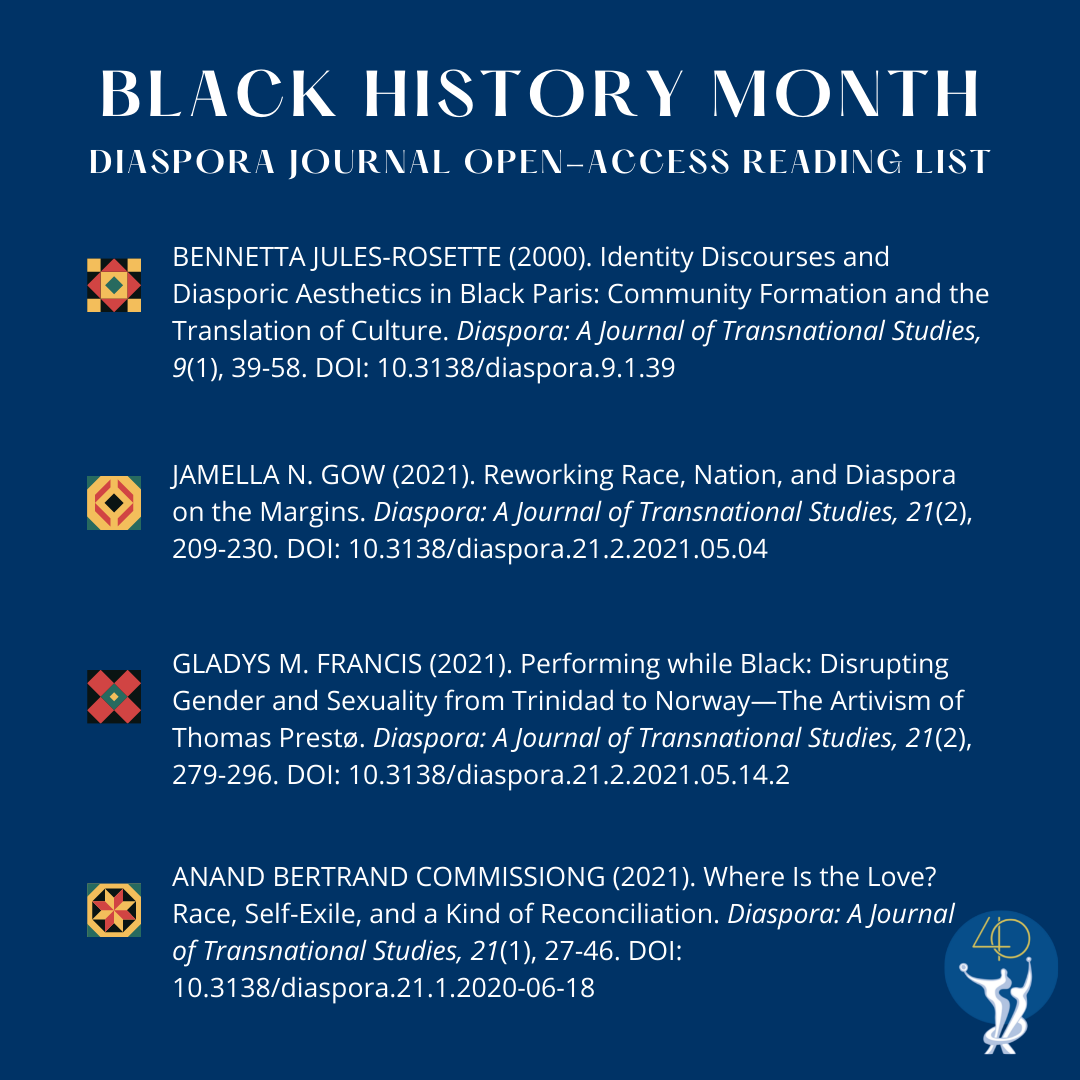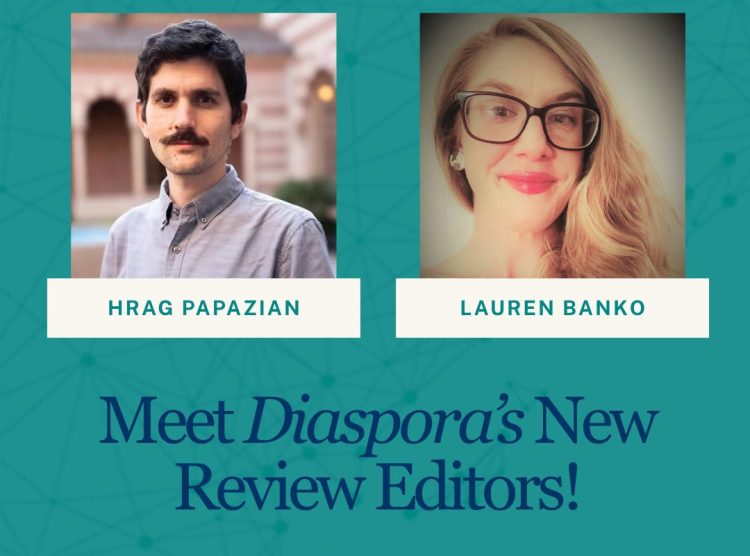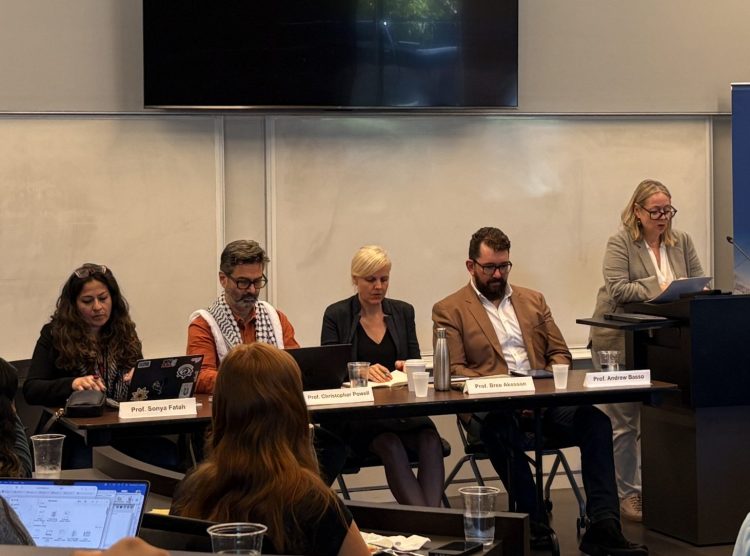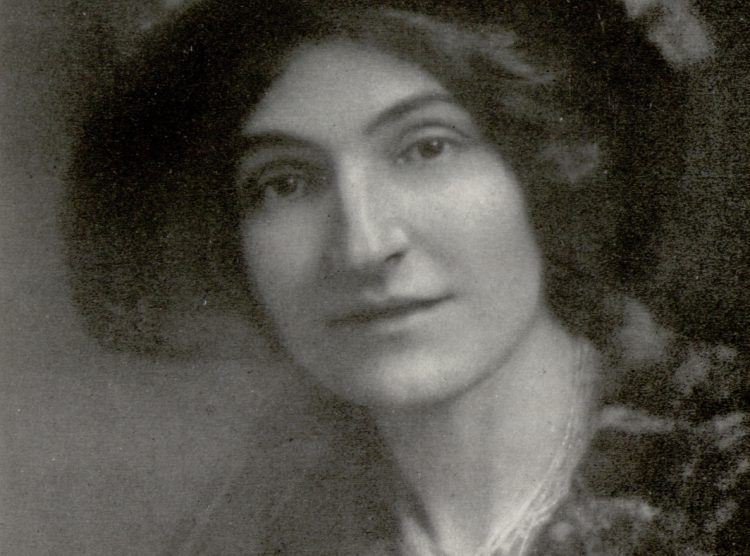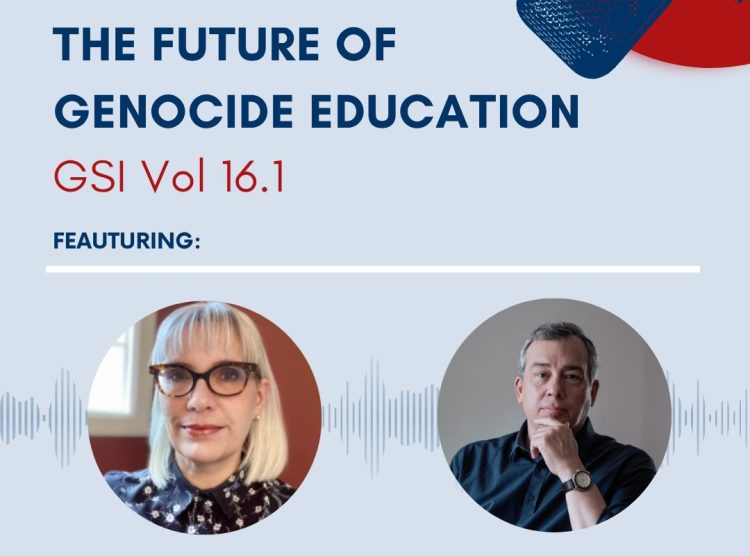February 22, 2022: Black History Month (BHM) is an opportunity to learn about and reflect on the legacy of Black communities, and celebrate their achievements and contributions in all aspects of society. On this occasion, the Zoryan Institute had the pleasure of speaking with three inspiring scholars, who have published compelling papers on Black and African Diasporas in our journal Diaspora: A Journal of Transnational Studies, to learn more about the meaning of BHM from the perspectives of Black women, and how the field of Diaspora Studies has served Black communities.
Dr. Bennetta Jules-Rosette, Distinguished Professor of Sociology and the Director of the African and African-American Studies Research Center at the University of California, San Diego, Dr. Gladys M. Francis, Professor of Africana Studies at Georgia State University, and Dr. Jamella Gow, Assistant Professor in the Department of Sociology and Criminology at Gonzaga University offered their insights.
Question: What does Black History Month mean to you?
Gow: Black History Month to me is an intervention in U.S history and culture that is both a celebration of Black culture, histories of resistance, and, centrally, pride, while also a recognition that the Black struggle for equality is still not over.
Francis: It is a time to decolonize “the power of normal” that constructs difference as an other; provoke conversations on the forms of injustice and silencing Black communities face; celebrate our richness, resilience, and positive impact on society.
Jules-Rosette: A great deal. I founded and continue to run most of UC San Diego’s BHM initiative, now one of the most dynamic university BHM programs in the country. I am receiving a university BHM Pioneers Award for that next week. We try to align with the national BHM themes and showcase the work of our scholars from the African & African-American Studies Research Center.
Question: What does your work, published in our Diaspora journal, mean to you in the context of Black History Month?
Gow, author of Reworking Race, Nation, and Diaspora on the Margins (2021), which provides an nuanced analysis of how race and nationalism inform the creation of diaspora and how resistance can emerge across shared experiences of exclusion on this basis: Diaspora is, I think, an ever-fluid political stance of identity, community, and coalition. I wanted to show that this has been developing long before the 21st century and, relatedly for Black History Month, that Black people from around the world have been one of those groups in the center of that development.
Francis, author of Performing while Black: Disrupting Gender and Sexuality from Trinidad to Norway—The Artivism of Thomas Prestø (2021), which explores “artivism” as a form of resistance and a way to promote self-love: Prestø fights the power of denial of access and the lack of resources found inside dominant artistic institutions. I wanted to shed light on his courage to cultivate structural change and strengthen the cultural capital and artistic credit of Afro-artists… His efforts embody the spirit of BHM.
Jules-Rosette, author of Identity Discourses and Diasporic Aesthetics in Black Paris: Community Formation and the Translation of Culture (2000), which analyzes the roles intellectuals and artists played in shaping the identity discourses and diasporic social formations of different eras in France: Black intellectuals in Africa and the African diaspora were at the core of gaining recognition for Black identity and human rights worldwide. This included an understanding of the Black body and African spirituality.
Question: How does your work relate to this year’s BHM theme, “Black Health and Wellness”?
Gow: Claiming Blackness has served, in some cases, as a call to action and recognition of the patterns of institutional racism that pervades our communities. Racism has deep ties to health outcomes as many scholars and policymakers have found. I think that political leaders in the Black diaspora have insisted on this connection as well and worked to serve their communities and challenge policies that perpetuate racist health practices and outcomes.
Francis: Prestø teaches [members of his dance company] self-care and self-love, which better equip them to embrace the beauty in their differences, and to love, live, and exist courageously.
Jules-Rosette (on how she is celebrating this year’s theme): Rather than focusing on COVID-19 statistics, we are taking an upbeat approach, moving beyond the “medicalized” definition of health, focusing on body and performance from a transcultural perspective, and how art, performance, and self-expression through the body contribute to identity formation and overall well-being.




